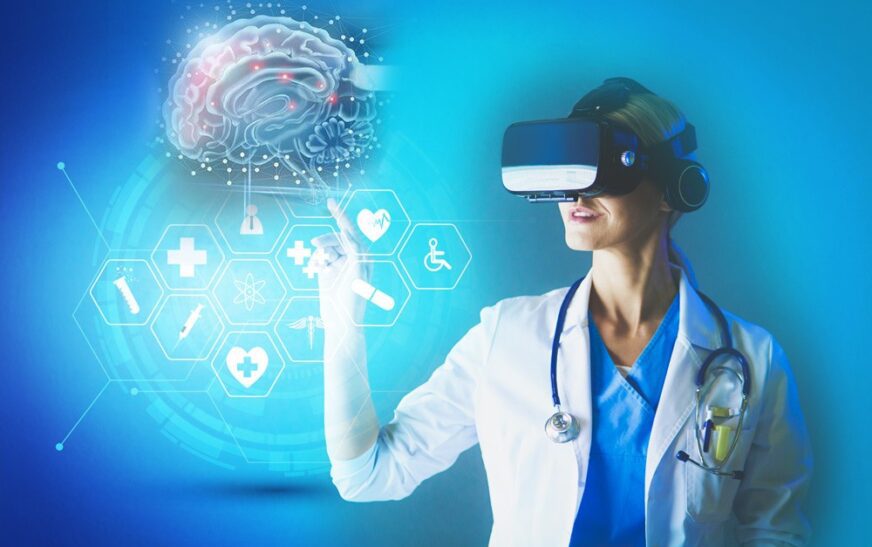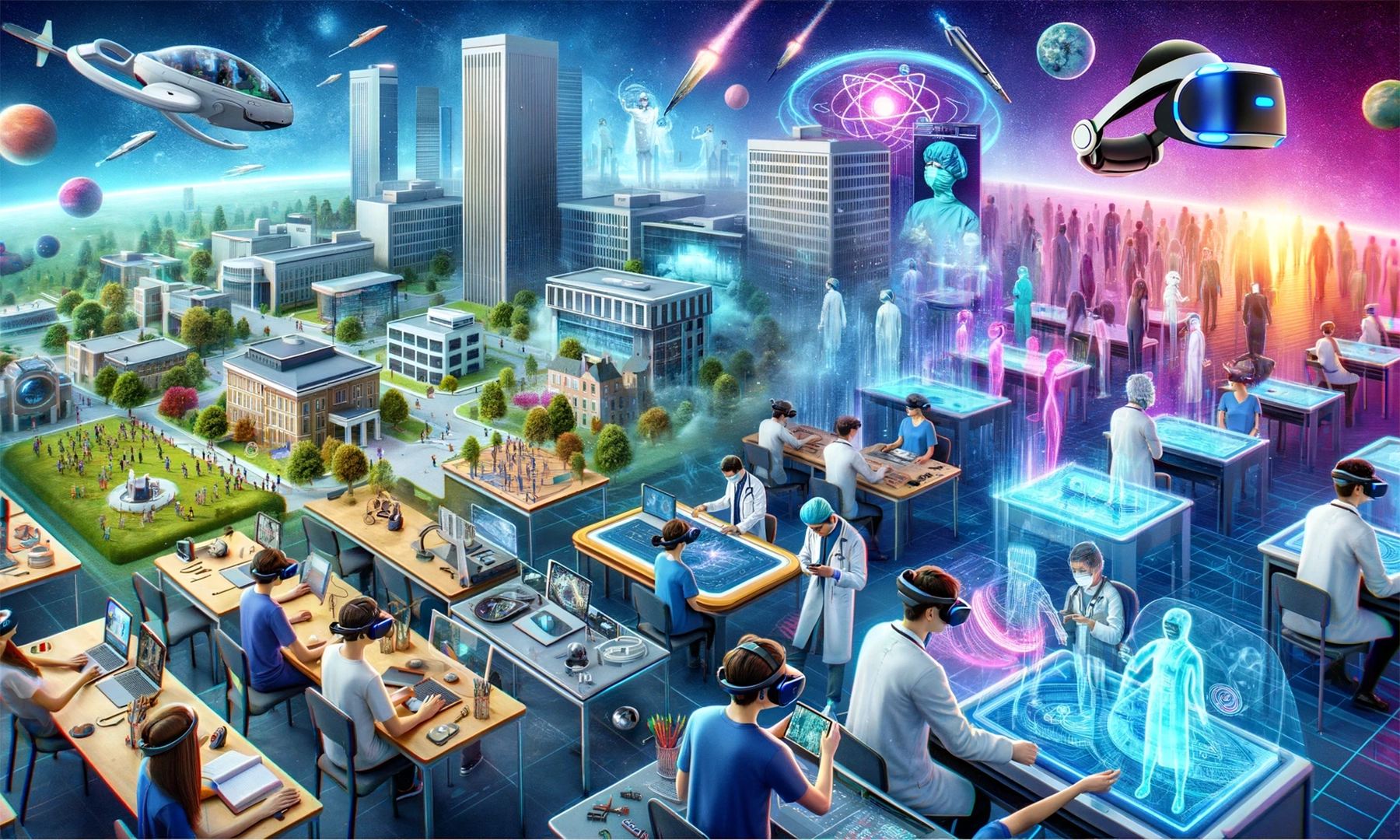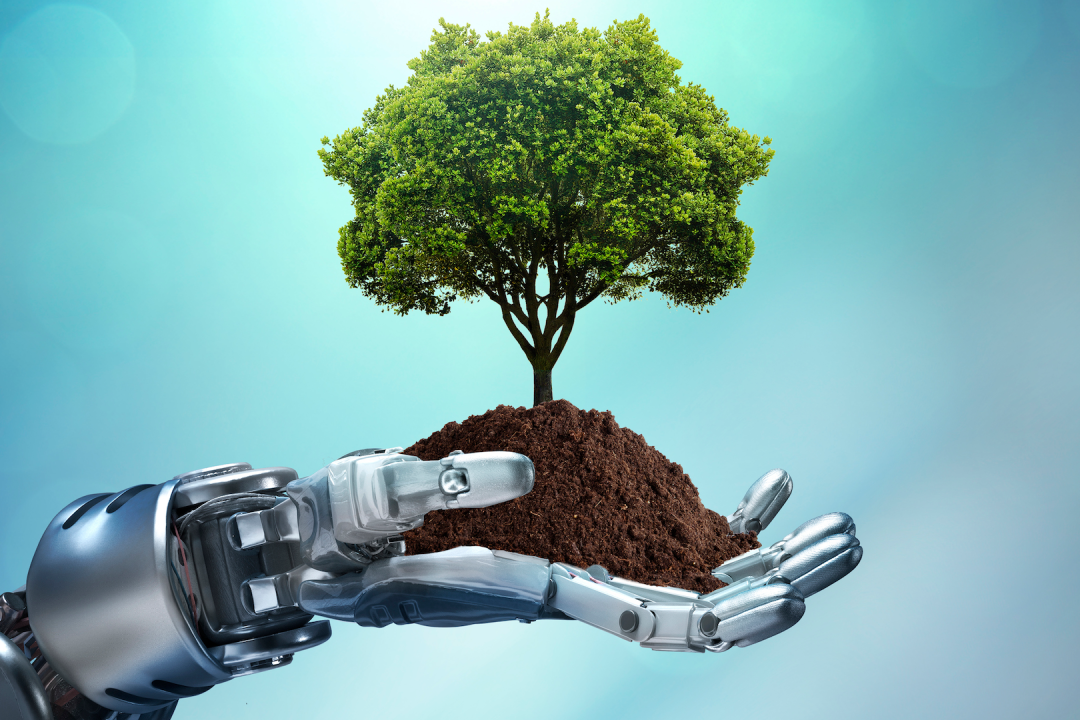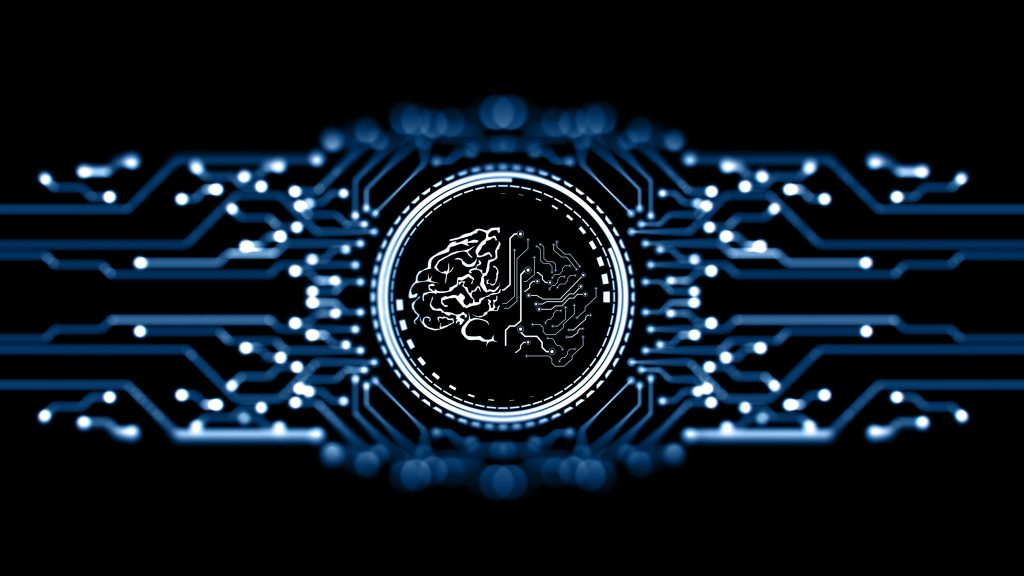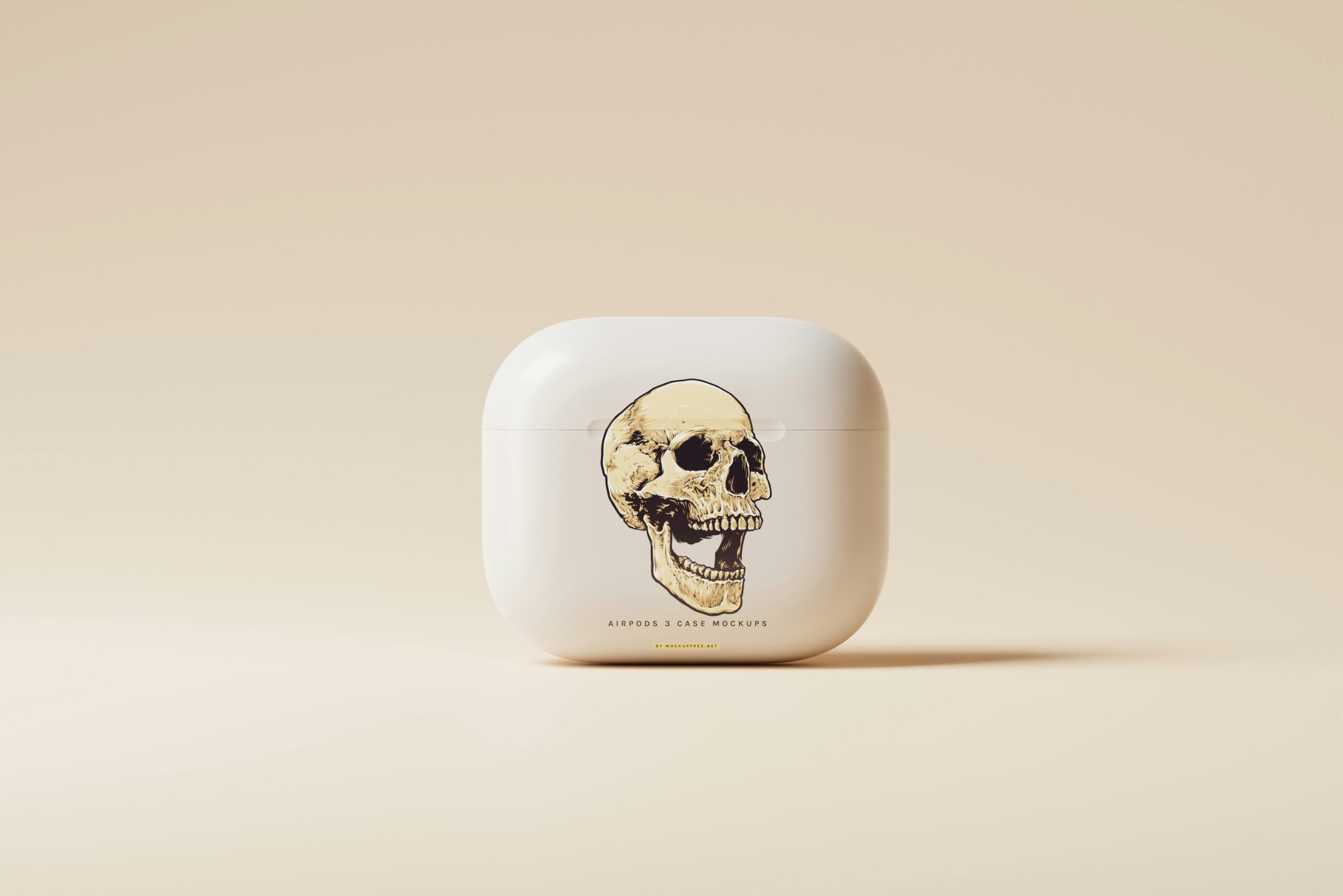Introduction to AI-Powered Health Assistants

In today’s fast-paced world, technology is reshaping every aspect of our lives—and healthcare is no exception. Enter AI-powered health assistants, the innovative tools that are transforming how we manage our well-being. Imagine having a personal health companion available around the clock, ready to answer your questions, track your symptoms, and even remind you to take your medication. These intelligent systems are not only enhancing patient care but also streamlining operations for healthcare professionals.
As artificial intelligence continues to evolve, its applications in the medical field grow more sophisticated and impactful. From virtual chatbots providing instant support to advanced algorithms predicting health trends, AI-powered health assistants are at the forefront of this revolution. Let’s dive deeper into how these technologies are changing the landscape of healthcare for both patients and providers alike.
How AI is revolutionizing the healthcare industry
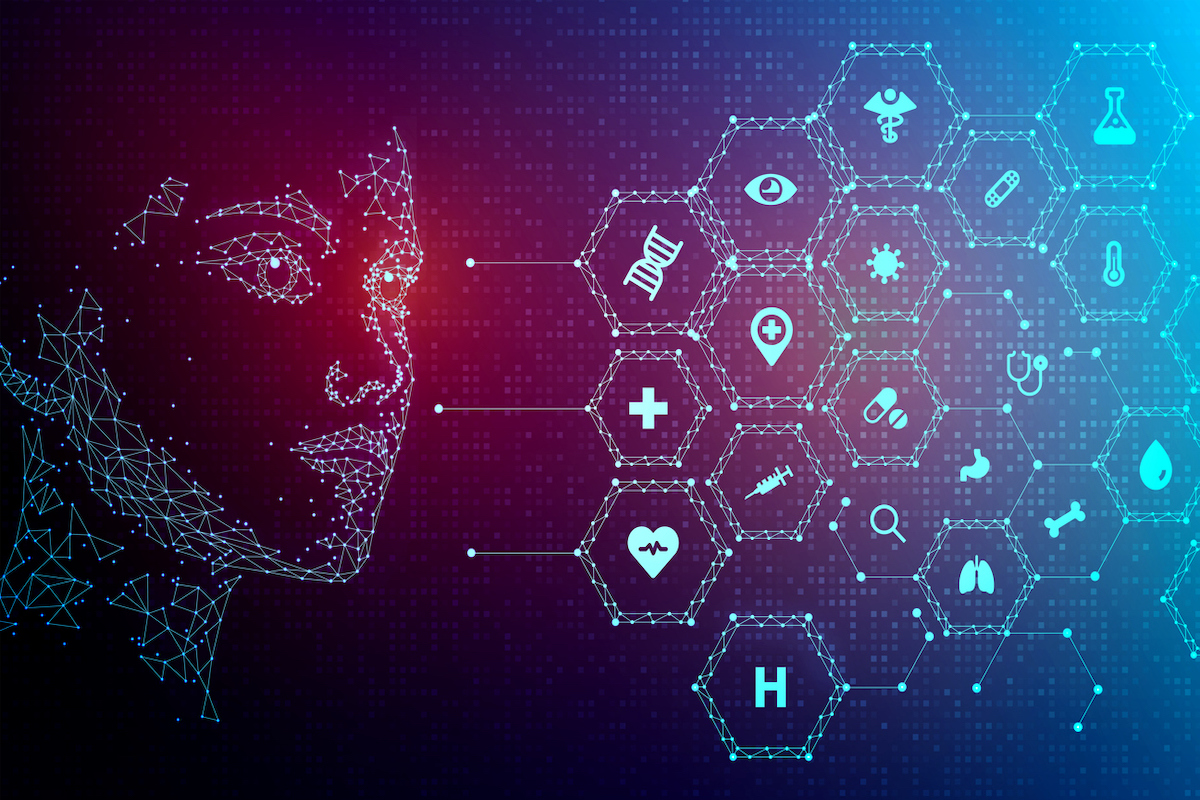
Artificial Intelligence is transforming the healthcare landscape in unprecedented ways. From diagnostics to treatment recommendations, AI algorithms analyze vast datasets faster than any human can. This capability enhances accuracy and helps identify patterns that may go unnoticed.
Machine learning models are now capable of predicting disease outbreaks by analyzing social media data and patient records. This proactive approach enables healthcare providers to allocate resources more effectively before crises arise.
AI also personalizes patient experiences through virtual health assistants. These tools provide tailored advice based on individual health profiles, ensuring patients receive relevant information at their fingertips.
Furthermore, administrative tasks are streamlined with AI-driven automation. Scheduling appointments, managing billing processes, and maintaining electronic health records become less cumbersome for medical staff, allowing them to focus more on patient care rather than paperwork.
Benefits of using AI-powered health assistants for patients and healthcare providers
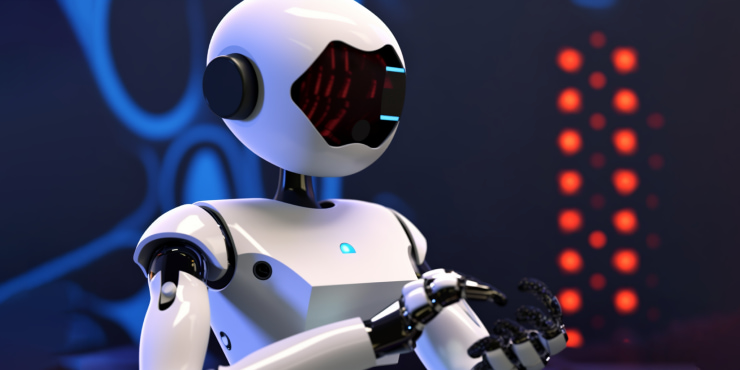
AI-powered health assistants offer numerous advantages for both patients and healthcare providers. For patients, these tools provide instant access to information and support. This means quicker answers to health-related questions without the need to wait for an appointment.
Healthcare providers benefit from streamlined workflows. Administrative tasks can be automated, allowing medical staff to focus more on patient care rather than paperwork.
Additionally, AI assistants enhance personalized treatment plans by analyzing vast amounts of data. They help doctors make informed decisions tailored specifically to individual needs.
Patients also experience improved engagement in their own healthcare journey. With reminders for medications or appointments, adherence rates increase significantly.
Moreover, AI-powered solutions foster better communication between patients and their providers through chatbots or virtual consultations. This enhances accessibility and convenience while ensuring that everyone stays connected throughout the care process.
Types of AI-powered health assistants available in the market

The landscape of AI-powered health assistants is diverse, catering to various needs within the healthcare sector. One prominent type includes virtual health chatbots. These bots engage with patients directly, answering questions and providing guidance on symptoms.
Another category consists of wearable devices. These gadgets monitor vital signs in real time, offering insights into users’ health patterns and alerting them when medical attention is needed.
Telehealth platforms have also embraced AI technology. They streamline patient assessments by analyzing data before consultations, making physician interactions more efficient.
Personalized medication management apps help track prescriptions and remind patients when to take their medications. This reduces errors and enhances adherence to treatment plans.
AI-driven diagnostic tools assist healthcare providers in interpreting medical images or lab results faster than traditional methods can achieve. Each type plays a crucial role in transforming how we approach health care today.
Success stories of organizations implementing AI-powered health assistants
Many organizations have embraced AI-powered health assistants, leading to remarkable success stories. For instance, a major hospital in California integrated an AI chatbot into their patient care system. This tool triages symptoms and schedules appointments seamlessly, significantly reducing wait times.
Another inspiring example comes from a healthcare startup that developed a virtual health assistant for chronic disease management. Patients reported higher engagement levels and better adherence to treatment plans after using the app.
In Europe, a prominent telehealth provider utilized AI to analyze patient data more effectively. The outcome? A marked increase in diagnostic accuracy and personalized treatment recommendations.
These examples illustrate how innovative technologies are reshaping healthcare delivery. Each success story highlights the transformative potential of AI-powered health assistants in improving patient experiences while streamlining operations for providers.
Concerns and challenges surrounding the use of AI in healthcare
As AI technology becomes more prevalent in healthcare, several concerns arise. Privacy and data security are at the forefront. Patients worry about how their sensitive health information is handled by AI systems.
Another challenge is the potential for bias in algorithms. If training data isn’t diverse, it may lead to unequal treatment outcomes among different demographic groups.
The adoption of AI-powered health assistants also raises questions about reliability. Healthcare providers must ensure that these technologies enhance decision-making rather than undermine it.
Moreover, there’s a fear of over-reliance on technology. While automation can improve efficiency, it should not replace human intuition or empathy in patient care.
Regulatory hurdles can slow down innovation. Striking a balance between ensuring safety and fostering advancements remains a complex issue in this evolving landscape.
Future implications and potential advancements in AI-powered health assistants
The future of AI-powered health assistants is promising and filled with potential. As technology evolves, these tools will become even more sophisticated in understanding patient needs.
Imagine virtual assistants that can predict health issues before they arise. By analyzing vast amounts of data, they could identify patterns and provide early warnings for conditions like diabetes or heart disease.
Integration with wearable devices will also enhance their capabilities. Real-time monitoring combined with AI analysis means personalized health recommendations based on daily activities.
Moreover, advancements in natural language processing will allow patients to communicate effortlessly with their digital companions. This human-like interaction could bridge gaps in healthcare accessibility.
As machine learning algorithms improve, the accuracy of diagnoses made by AI systems is expected to rise significantly. This shift may empower healthcare providers to make better-informed decisions quickly without compromising quality care.
Conclusion
AI-powered health assistants are transforming the landscape of healthcare. With their ability to analyze vast amounts of data and provide personalized insights, these digital tools enhance both patient care and operational efficiency for providers.
The benefits are clear. Patients enjoy improved access to information and support while healthcare professionals can streamline their workflows. This collaboration creates a more effective system that prioritizes patient outcomes.
As organizations embrace AI technology, success stories continue to emerge, showcasing innovative solutions that lead to better health management. However, it’s important to remain aware of the challenges surrounding AI in healthcare, such as privacy concerns and potential biases in algorithms.
Looking ahead, advancements in AI promise even greater capabilities. From real-time monitoring systems to predictive analytics for disease prevention—there remains significant opportunity for growth within this sector.
The integration of AI-powered health assistants signifies a new era where technology meets compassion-driven care. As we navigate this exciting frontier, ongoing dialogue about its implementation will shape how we experience healthcare in the future.

